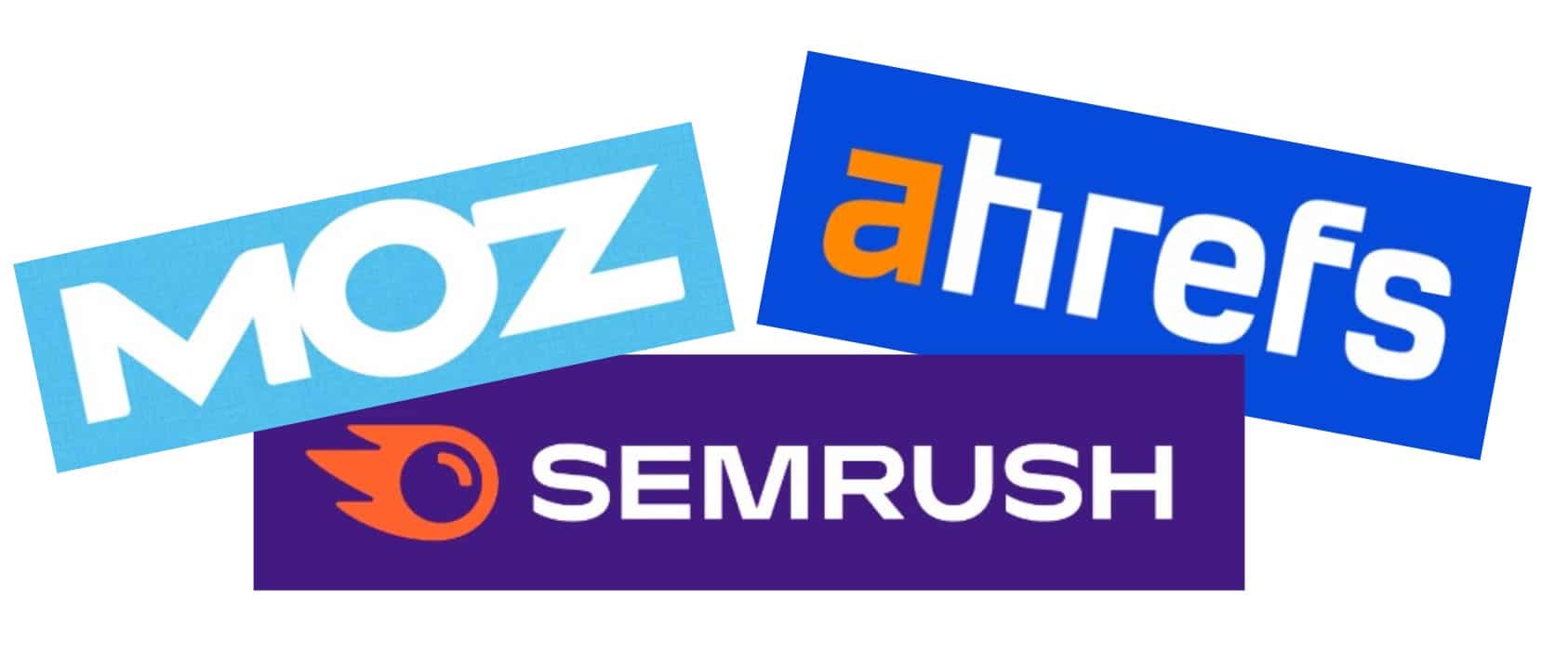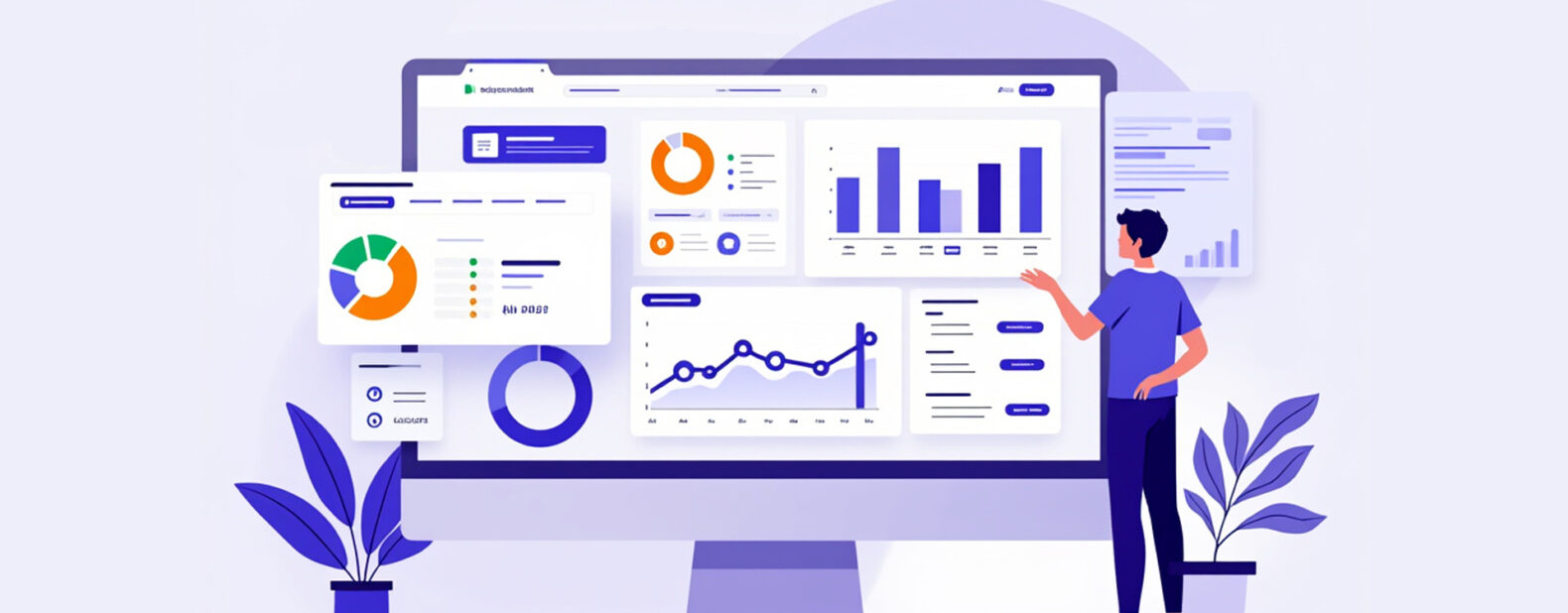Search Engine Optimization (SEO) is crucial for driving organic traffic to your website, but how do you know if your efforts are paying off? Measuring the success of your SEO work involves tracking specific metrics and KPIs (Key Performance Indicators) that reveal the overall performance of your strategies.
Understanding the standard for measuring SEO efforts allows businesses to fine-tune their tactics, improve visibility, and increase conversions. Let’s dive into the most important metrics to track and why they matter.
1. Organic Traffic: Your Core SEO Indicator
One of the first and most significant metrics to monitor is organic traffic. Organic traffic refers to visitors who find your site through search engines like Google, rather than paid ads. An increase in organic search traffic signals that your SEO strategies are effective, helping your website appear in search engine results for the keywords you’re targeting. Using tools like Google Analytics can provide a clear picture of how much traffic is coming from organic sources and how these visitors are interacting with your site. 
2. Keyword Rankings: Tracking Your SEO Success
Another essential metric for measuring SEO efforts is keyword ranking. This tracks where your site appears in search engine results for specific keywords. If your SEO is working, your keyword rankings should improve over time, leading to increased visibility and more clicks.
Tools like Google Search Console and other SEO platforms can help you keep an eye on your rankings. It’s important to track rankings regularly to adjust your strategy as search engine algorithms evolve.
4. Engagement Rate: Understanding User Interaction
Universal Analytics (UA) used bounce rate, while Google Analytics 4 (GA4) now tracks engagement rate, which measures the percentage of sessions that last longer than 10 seconds, include multiple page views, or result in a conversion. A low engagement rate can indicate that your content isn’t meeting user expectations or that your website’s user experience needs improvement. Monitoring this metric can help refine your SEO strategies to improve engagement and keep users on your site longer.
For tips on optimizing user experience, check out 6 SEO tips for website design.
4. Conversion Rate: Measuring ROI on SEO Efforts
Conversion rate is the percentage of visitors who complete a desired action on your site, such as making a purchase, filling out a form, or signing up for a newsletter. By analyzing conversion data in Google Analytics, you can see if your SEO strategies are not only bringing people in but also converting them into customers.
To further enhance conversions, read about 5 key steps in a successful online sale campaign.
5. Search Engine Visibility: Overall SEO Performance
Search engine visibility, sometimes referred to as SERP visibility (Search Engine Results Pages), shows how often your website appears in search results across your target keywords. Regularly tracking this metric gives you a clear indication of how well your site is performing against competitors.
SEO tools like SEMrush or Ahrefs provide valuable data for measuring this.
6. Pages Per Session: How Engaged Are Your Visitors?
Pages per session tell you how many pages a visitor views on your site before leaving. This metric offers insight into how engaging and helpful your website content is. If users visit multiple pages during their session, it’s likely that your content is relevant and engaging, which can also boost SEO performance.
Effectively interlinking your content is key to improving this number.
7. Organic Search CTR (Click-Through Rate)
Click-through rate (CTR) measures how often users click on your site’s link after it appears in search results. A higher CTR usually means that your title tags and meta descriptions are compelling and aligned with user search intent. Tracking CTR alongside your keyword rankings can help you assess if your content is appealing enough to attract clicks from search engine results pages.
For more information, refer to 3 ways to increase CTR.
8. Backlinks: Building Authority
Backlinks from authoritative sites are still one of the strongest indicators of a healthy SEO profile. They show search engines like Google that your content is credible and trustworthy. Tracking backlinks is essential for understanding the authority and trust your site has in your industry. Tools like Ahrefs or SEMrush can help monitor the quantity and quality of your backlinks. However, it’s important to focus on obtaining high-quality links rather than large quantities. 
9. User Engagement Metrics
Metrics like average session duration and time on page offer a clear picture of how users interact with your site’s content. The more time they spend, the more likely they are finding value in what you offer. If users are quickly leaving, it may signal that the content doesn’t match their search intent or that there are issues with usability.
Consider strategies from 6 eCommerce mistakes and how to fix them to improve engagement.
SEO KPIs to Track for Long-Term Success
In addition to the individual metrics, you should regularly monitor key SEO KPIs that track the overall effectiveness of your SEO campaigns. These include:
Organic search performance: How well is your site performing in organic search results?
Engagement rate: Are users actively interacting with your site content?
Conversion rate: How many visitors are taking action on your site?
Keyword rankings: Are you improving for your target keywords?
Keeping an eye on these KPIs will help you adjust your strategy as needed to ensure your SEO work is driving meaningful results.
Using Tools Like Google Analytics and Google Search Console
Measuring SEO efforts becomes much easier when you use the right tools. Google Analytics 4 provides deep insights into user behavior, organic traffic, and conversions. Google Search Console is another valuable tool, helping you monitor keyword rankings, search queries, and overall site performance. Using both of these tools together allows you to get a comprehensive understanding of your SEO progress and spot areas for improvement. 
Conclusion: Track and Refine Your SEO Strategy
SEO is a continuous process, and the only way to know if your efforts are working is by tracking the right metrics and KPIs. Monitoring your organic traffic, keyword rankings, conversion rate, and user engagement are essential for understanding the performance of your SEO strategy. Using tools like Google Analytics and Google Search Console helps you get the data you need to make informed decisions and improve your results.
Want to ensure your SEO strategy is on the right track? LuccaAM can help you measure and optimize your SEO performance for long-term success. Get in touch today to learn more!
FAQs
What is the most important metric to track for SEO performance?
Organic traffic is often considered the most crucial metric because it shows how many visitors are coming to your site from search engines, giving you a clear indication of your SEO success.
How often should I check my SEO metrics?
It’s best to check your SEO metrics at least once a month, though more frequent checks may be needed for highly competitive industries.
What tools should I use to track SEO performance?
Google Analytics and Google Search Console are two essential tools for tracking SEO performance. They provide insights into organic traffic, keyword rankings, and user behavior on your site.
Can a low engagement rate hurt my SEO?
Yes, a low engagement rate can indicate that users are not finding what they expect on your site, which could negatively affect your SEO by signaling to search engines that your content isn’t relevant to users’ search intent.
- Growing Your Rockford IL Business with Modern Website Design - April 15, 2025
- Content Pruning: The Key to Better SEO and Higher Rankings - March 25, 2025
- Internal Linking SEO: How to Boost Your Rankings and User Experience - February 18, 2025
